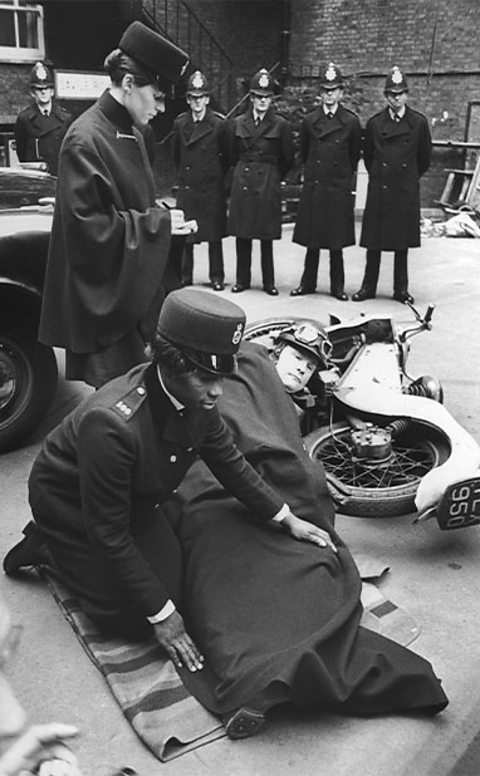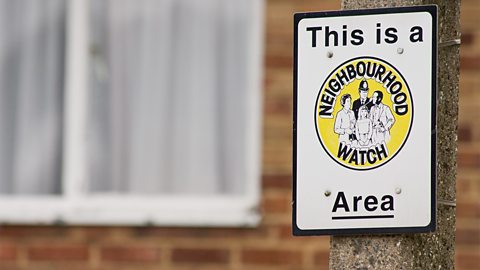The nature of policing in the 20th and 21st centuries
While there have been many changes in policing since the Metropolitan Police was set up in 1829, there have also been a number of ways in which policing has stayed the same.
Continuity in policing
The police still deal with all types of crime, just as they did in 1829, and they are still the means by which public order is maintained. The powers given to the police have also changed little over time:
- Arrest - the police can detain a suspect pending further investigation
- Search - the police need a warrant issued by a judge to be able to search someoneâs property
- Detention - the police can hold any arrested suspects in a cell for 24 hours without charging them with a crime while they gather evidence
- Fines - the police can give fines directly to people who have broken the law
The policeâs âthief takerâ image is the one that most people think of. However, they are now involved in a much wider range of activities, ranging from traffic control to dealing with noisy neighbours.
Changing structure of police forces
In 1900 there were 181 police forces in Britain. Many of these were small and each one had different structures, methods and records. There was limited contact between them.
The largest police force in the UK in 2020 was the Metropolitan Police, with around 33,000 officers. The forces of Scotland (17,000) and Northern Ireland (7,000) were the next largest, with Manchester next at just under 7,000.
Police officers

The number of police officers in the UK increased in the 20th and early 21st centuries. There were over 125,000 officers by 2000. However, the number of police officers decreased by around 15,000 between 2010 and 2020.
Women were present in the police force during World War One, servicing in volunteer and matron roles. Sofia Stanley became the Metropolitan Policeâs first official female recruit in 1919. Women were initially not given the same powers of arrest and duties as their male colleagues.
The first black police officer in Britain was John Kent who served in the 1830s and 1840s. Attempts have been made recently to increase the number of officers from minority ethnic backgrounds.
To get the best recruits for the police force, wages have been kept at a level that makes it an attractive job compared to some other professions.
A national police training college was set up in 1947. In the present day, police recruits now receive more guidance and typically undertake around 18-22 weeks of classroom-based training as well as other addditional training before serving as officers.
Purpose of policing
The purpose of the police has changed in modern times. At first the role of the police was to:
- patrol the streets
- deter criminals
- investigate crimes
- arrest suspects
Their role and purpose are now increasingly focused on crime prevention. Each force has crime prevention officers, who visit schools and attend community meetings, such as those of the PACT (Police and Communities Together) scheme.

The police try to build more links with the community, especially since the 1980s - when many riots were directed against the police. The police are involved in the Neighbourhood Watch scheme, which in the UK was started in 1982 in Mollington, Cheshire. In 2007, it became recognised as a nationwide organisation.
One of the main roles of the police has remained the same: patrolling the streets. Officers patrol their beat - a specific patrol area. This is often not the best way to detect crime and catch criminals, but patrols can reassure the public.